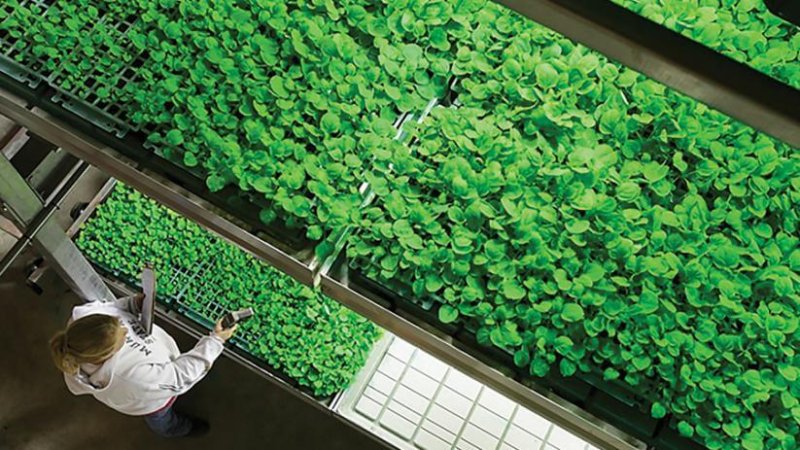Politicians talk a lot about farming but seldom about “pharming,” even though the latter can also have a big impact on Americans’ pocketbooks—and their health. The punny name refers to genetically modifying plants such as corn, rice, tobacco and alfalfa to produce high concentrations of pharmaceutical ingredients. Many common medicines already come from plants, including morphine, the fiber supplement Metamucil and the cancer drug Taxol. Yet heavy-handed federal regulations have frozen out pharming efforts, making it far too difficult for researchers to use this approach to create new medications.
An article this month in the journal Nature highlights pharming’s enormous promise. The authors estimate that proteins could be obtained from genetically engineered tobacco plants at 1/1,000th the cost of current methods. Compared with proteins derived from mammalian cells or chemical systems, proteins from genetically engineered plants are also easy to scale up and synthesize with other proteins, and they remain stable at room temperature for longer periods.
…
What’s missing is a regulatory framework that will attract drug companies and entrepreneurs. It’s time for the FDA and USDA to overhaul their policies to reflect properly the risks and benefits of this crucial technology.
Read full, original post: Cures for Cancer Could Grow on Trees































